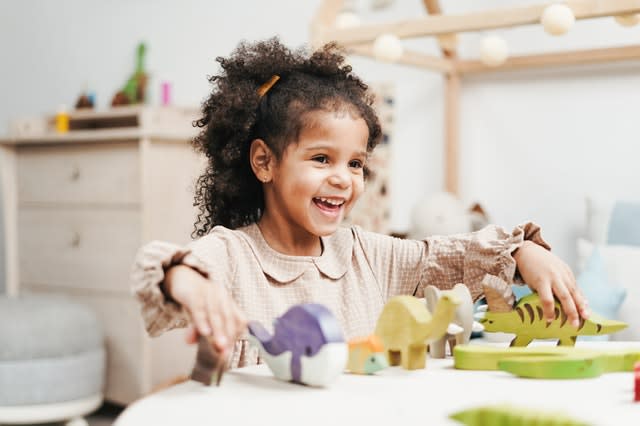Promoting young children’s self-regulation skills through play
Self-regulation empowers children to manage their emotions, thoughts, and behaviours in ways that pave the path for positive social interactions, academic success, and overall wellbeing.
Self-regulation is not only a personal asset for children but a crucial tool for navigating the complexities of the world.
Whether you’re a parent or carer seeking to create a nurturing home environment, an Early Years Practitioner aiming to create a supportive classroom atmosphere, or someone in the community involved in the care of young children, this guide is for you. It is designed to offer you practical strategies and activities to support the development of young children’s self-regulation so that they can thrive.
View guide
How to use this guide
In this guide, the concept of self-regulation and its importance in the early years is explored, including:
The science behind self-regulation;
How to develop strategies and techniques for promoting self-regulation;
The vital role that adult-led play can have;
Example activities to implement in your settings.
This guide has been written by Hannah Baker, Co-CEO at Partnership for Children, a charity that aims to promote the mental health and emotional wellbeing of children, helping them to develop social and communication skills, coping strategies, emotional resilience and self-confidence.
Looking for more early years advice?
You can view a selection of our early years resources here.
Join the Early Years in Mind learning network
Subscribe to the Early Years newsletter for the latest advice, guidance and resources from Anna Freud.